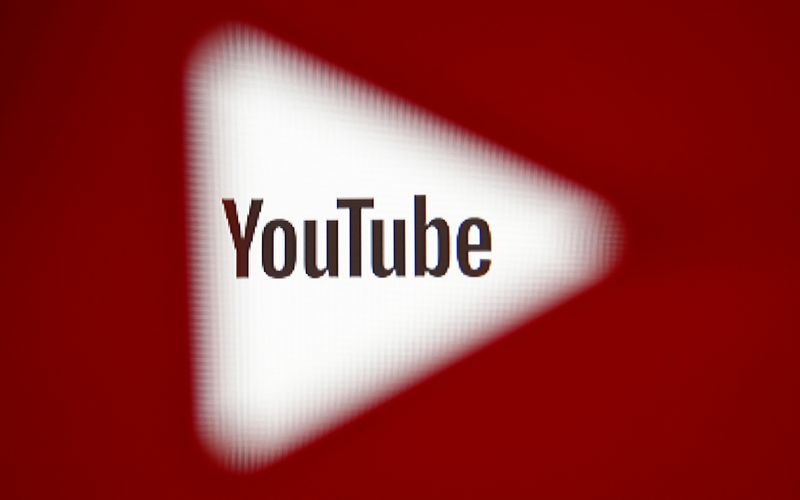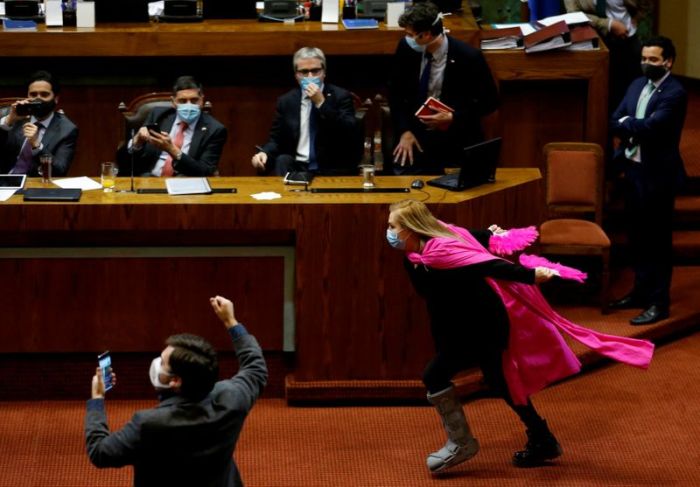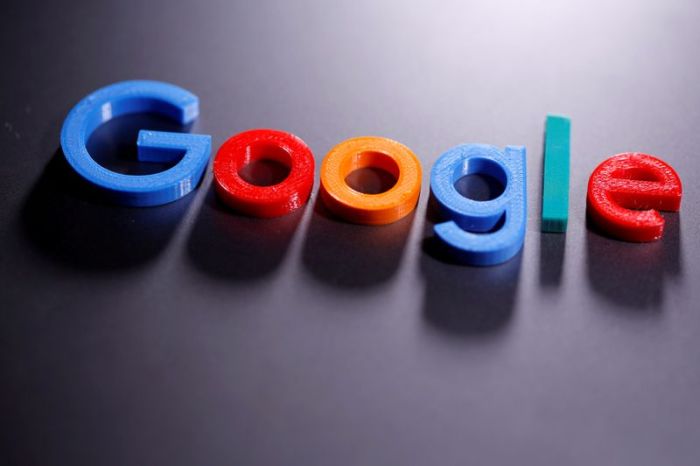BRUSSELS (Reuters) – Google’s YouTube and other online platforms are not liable when users illegally upload copyrighted works onto their platforms, but rightholders can ask for injunctions against the companies, a European Union Court of Justice adviser said on Thursday.
EU judges, who have followed such opinions in four out of five cases, rule on the issue in the coming months.
In recent years, online platforms and social media have found themselves at the centre of a debate about how much responsibility they should bear for illegal or hateful content posted on their platforms.
The European Commission aims to address this issue with new rules known as the Digital Services Act at the end of the year.
Existing EU rules exempt YouTube and its peers from such responsibility when they are told of violations and remove them, Advocate General Henrik Saugmandsgaard Øe said in a non-binding opinion relating to two cases before the court.
“As EU law currently stands, online platform operators, such as YouTube and Uploaded, are not directly liable for the illegal uploading of protected works by the users of those platforms,” he said.
“Otherwise, there would be a risk of platform operators becoming judges of online legality and a risk of ‘over-removal’ of content stored by them at the request of users of their platforms in so far as they also remove legal content,” he said.
The first case before the court concerns Frank Peterson, a music producer, who sued YouTube and Google in Germany for the uploading to YouTube in 2008 of several phonograms to which he holds the rights.
The second case concerns publishing group Elsevier’s lawsuit against Cyando in Germany for uploading several Elsevier works on its file-hosting and file-sharing platform Uploaded in 2013.
The cases are C-682/18 YouTube & C-683/18 Cyando.

























